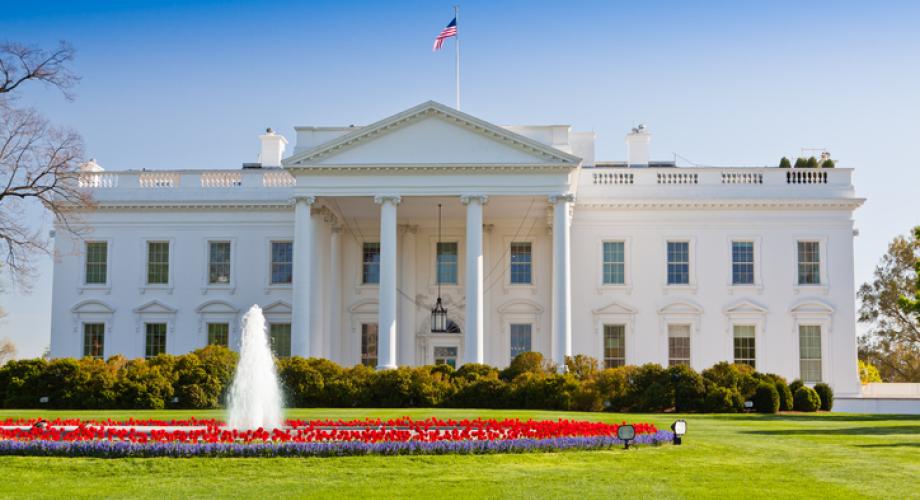Earlier this month, President Biden submitted his budget requests for FY2024, which outlines his administration’s priorities and recommendations for the next fiscal year. Below are a few highlights relevant to the rental housing industry. The goals of the President’s proposed budget are to:
- Expand Access to Affordable Rent through the Housing Choice Voucher (HCV) Program to over 200,000 additional households.
- The Budget provides $32.7 billion, an increase of $2.4 billion (including emergency funding) over the 2023 enacted level, to maintain services for all currently assisted families
- Expands access to affordable rent through the Housing Choice Voucher (HCV) program to well over 200,000 additional households.
- Increase Affordable Housing Supply to Reduce Costs.
- Provides $1.8 billion for the HOME Investment Partnerships Program (HOME), an increase of $300 million, to construct and rehabilitate affordable rental housing and provide homeownership opportunities.
- To complement these investments, $51 billion in additional Low-Income Housing Tax Credits, a new Neighborhood Homes Tax Credit, and mandatory funding for new project-based rental assistance contracts to increase the development of affordable rental and owner-occupied housing, including units affordable to extremely low-income families.
- Add Funding to Prevent Evictions.
- $3 billion in mandatory funding for competitive grants to promote and solidify State and local efforts to reform eviction policies by providing access to legal counsel, emergency rental assistance, and other forms of rent relief.
- $10 million for the Eviction Protection Grant program, which provides legal assistance to low-income tenants at risk or subject to eviction.
- Advance Equity by Preventing and Redressing Housing Discrimination. $90 million to support State and local fair housing enforcement organizations and to further education, outreach, and training on rights and responsibilities under Federal fair housing laws.
- Improve the Quality of HUD-Assisted Housing. HUD-assisted multifamily properties and Public Housing provide 2.3 million affordable homes to low-income families.
- The Budget centralizes inspection-related funding for these programs, which would enhance HUD’s ability to identify and address financial and physical risks and would complement HUD’s modernized National Standards for Physical Inspection of Real Estate building standards.
- The Budget also provides $3.2 billion for Public Housing modernization, to improve the energy efficiency, climate resilience, and physical condition of the Public Housing stock.
- Support Economic Development and Removes Barriers to Affordable Housing. The Budget provides $3.4 billion for the Community Development Block Grant program.
- The Budget includes $85 million within this total for a competitive program to reward State, local, and regional jurisdictions that make progress in removing barriers to affordable housing developments, such as restrictive zoning.
- $10 billion in mandatory funding to incentivize State, local, and regional jurisdictions to make progress in removing barriers to affordable housing developments, such as restrictive zoning
To pay for these proposals, the President also outlined his tax priorities. These include setting the corporate tax rate to 28 percent and nearly doubling the capital gains tax rate to 39.6 percent. This would apply to investors who make at least one million dollars a year. The National Apartment Association (NAA) has opposed tax proposals like these in the previous budgets.
On March 13, 2023, NAA President and CEO Bob Pinnegar joined HUD's industry leaders meeting to discuss the FY2024 budget priorities and provided important industry perspective on Section 8 and efforts to boost housing supply.
Outlook
House and Senate Democrats have applauded the President’s recommendations, though House Speaker Kevin McCarthy (R-Calif.) has called the President’s budget "completely unserious." In previous statements, House Republicans reportedly pledged to cut programs back to their FY2022 levels. In the coming months, the House and Senate will introduce legislation outlining their funding allotments and will ultimately agree to spending levels that the President will be under tremendous pressure to sign. That said, the Administration’s budget proposal is largely a political document and it is almost assured that the Republican-controlled House of Representatives will reject the President’s recommendations. Congress, divided or not, has the authority over the federal purse and will exercise that authority.
NAA will continue to express concerns about expanded federal regulatory burdens on rental housing owner-operators.
For more information, please contact Maria Spencer, Director of Federal Legislative Affairs at [email protected].
